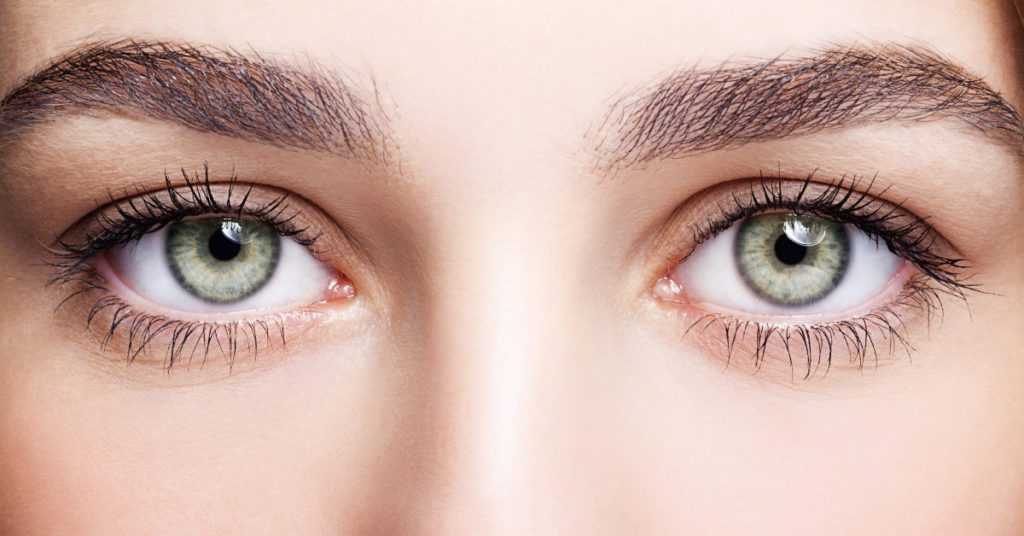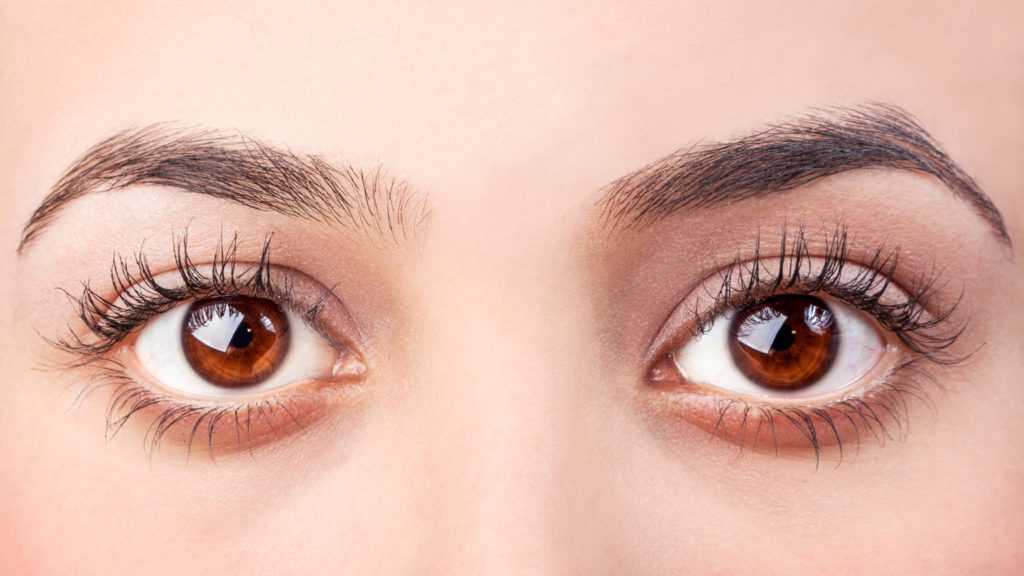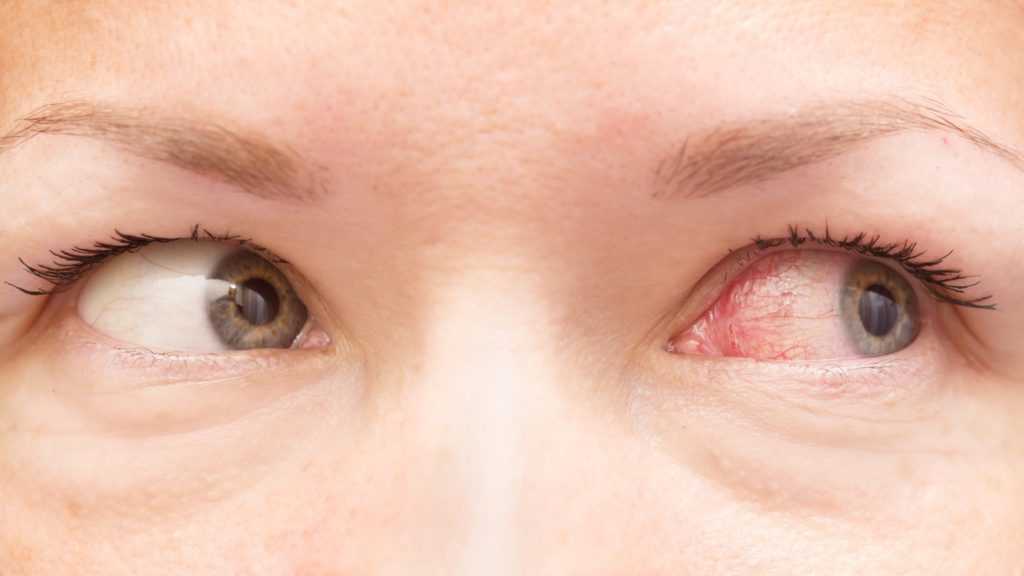The eyes are the mirror of the soul. They can give us a large amount of information, if we are angry or sad, surprised or happy, or even if we suffer from any disease. Also, did you know that the genes and a substance called melanin influence our eye colour? If both parents have blue eyes, there is a high probability that the child will also be born with blue eyes.
But, if one parent has brown eyes and the other blue, the child most likely has brown eyes. The darker colour is always dominant. Melanin determines the pigmentation of our skin, hair, and eyes. The more melanin in our body, the darker our eyes are. The amount of melanin depends on our genetic makeup. Solar radiation also influences the formation of melanin. That’s why in summer you get tan.
What is your eye colour? From the most intense blue to the most seductive brown: discover what your eyes say about you. Eyes say a lot about your feelings and mood. Did you know that they can also say a lot about your health? Studies have found essential associations between specific eye colours and various health conditions. The actual risk of developing certain diseases depends on many other factors. If you want to know what your eye colour says about your health, read on!
Blue, Grey, and Green Eyes
According to researchers, people with light eye colour are more sensitive to light. They also have a higher risk of developing ocular or skin melanoma. The amount of melanin in our eyes determines their protection against UV rays. Because of this, the proper use of protective sunglasses from childhood is essential.


Brown Eyes
Brown eyes can have several changes. The changes include heterochromia, congenital or hereditary manifestations related to rare syndromes. The risk of darker iris colours is in developing cataracts and open-angle glaucoma.


Red Eyes
Several diseases have red eyes as one of their symptoms. The causes range from simpler ophthalmological conditions, such as changes in the tear film and allergies, dryness, conjunctivitis, to infections, uveitis, glaucoma, tumours. They can also say renal failure and liver failure leads to the fragility of vessels and altered coagulation. It causes small haemorrhages, which appear as red spots on the surface of the eye. It can be a sign of poor control of systemic problems such as high blood pressure or diabetes in some situations. Or they may be due to degeneration or scarring of the ocular surface, such as pterygium. These may be benign or malignant lesions such as neoplasms (carcinomas) which are like skin cancers. If you are having red eyes issue, you must consult with best eye specialist in your area.


Yellow Eyes
Yellowish eyes and skin suggest the presence of Jaundice (increased bilirubin in the blood). The causes for this increase are liver and biliary tract disease, adverse drug reactions, infections, hemolytic anaemia, and even benign conditions such as Gilbert’s Syndrome (when the liver does not process bilirubin). There are still people who have a greater natural pigmentation (melanin).
What is the Relationship Between Eye Colour and Health Problems?
Light-eyed individuals tend to have greater photosensitivity (sensitivity to light). Added to this is the fact that they are more likely to get some optical diseases, such as macular degeneration. This happens because melanin works as a kind of curtain for our eyes—the greater the pigmentation, the greater the protection against light and sunlight. Also, the eye discomfort by the entry of light, people with light eyes end up contracting the pupil more and blinking less when trying to balance the light. This increases the chances of dryness in the region.
For these reasons, those who have light eyes should be extra careful to keep their eye health issues up to date. A golden tip is to invest in good-quality sunglasses. This will increase protection against solar radiation and reduce the entry of light. If you have frequent irritations due to dryness, it is also worth betting on the use of eye lubricants (always acting under medical guidelines). Prevention is most important in these cases, so visit your ophthalmologist.
When to See a Doctor
Noticing any of the symptoms mentioned, it is necessary to look for an ophthalmologist to check the situation and treatment or even search for another specialist. Emergencies such as sudden neurological changes, anaphylactic shock, or painful proptosis with ocular paralysis need the patient to seek emergency care. You should have periodic consultations with an ophthalmologist, even without noticing changes.
FAQs
1. How do you lighten your eye colour?
Surgical processes, such as laser whitening and iris implants, have been the outlet for many people who want to change the colour of their eyes. Some natural methods can alter the perception of the colour of the eyes or even change its tone.
2. What do your eyes say?
The eyes say a lot about a person. The people who study the iris’ structural composition claim that it is possible to reveal an individual’s personality traits and physical or psychological morbidities just through their eyes.
3. What causes red eyes?
Red eyes are often caused by allergies, eyestrain, excessive use of contact lenses, or common eye infections such as conjunctivitis. Redness of the eye can sometimes signal a more serious eye condition, such as uveitis or glaucoma. Environmental causes of red and bloodshot eyes include:
- Airborne allergens (causing eye allergies)
- Air pollution
- Smoke (related to fire, cigarette smoke in secondhand smoke, etc.)
- Dust
4. How to treat pale eyes?
Once you have consulted your doctor. You can follow some of these treatments to help your eyes return to their natural colour. To make tomato juice, squeeze a tomato and add a pinch of salt and a bit of black pepper. Take this drink before having breakfast. Lemon juice is also beneficial. Incorporating lemon juice into your diet is easy. This drink will help you hide the yellowish colour of your eyes.
Book an appointment now to answer all your queries. You can book an appointment with the top eye specialists/ophthalmologists in Pakistan through Marham by calling the Marham helpline: 0311-1222398 or by online booking facility through the website or Marham mobile app.
Can’t Find The App?
Android Users:
https://play.google.com/store/apps/details?id=controllers.marham.marhammed&hl=en
Drop a review for us at Playstore if you’ve had a good experience!
iPhone Users:
https://apps.apple.com/pk/app/marham-find-a-doctor/id1095243102
Stay Home. Stay Safe!

